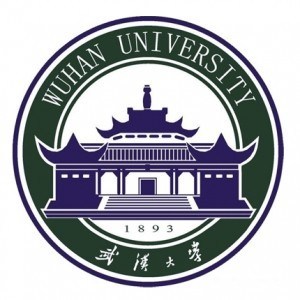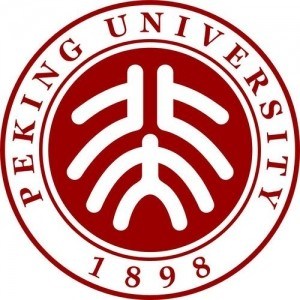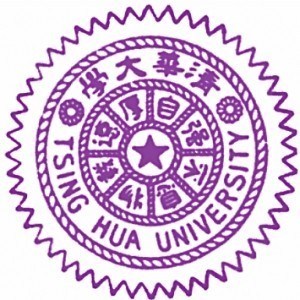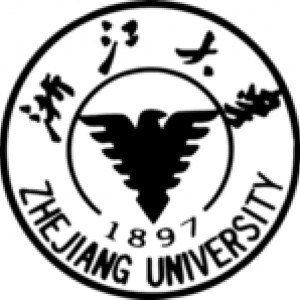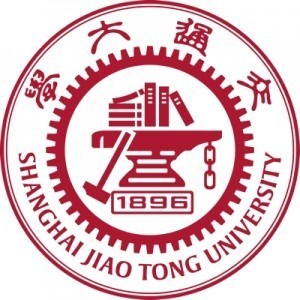Every year, China, which demonstrates the rapid pace of economic growth, is becoming an increasingly attractive destination for education. According to the latest data, more than 160,000 foreign students, including five thousand Russians, are studying in China. The main feature of Chinese education is its age: the first "Shuyuan" (academy) appeared almost 1500 years ago. Now the education system of the People's Republic of China has substantially changed.
Educational programs are provided for three levels: the first (from four to five years) ends with the award of a Bachelor degree, the second (from two to three years) gives a chance to become a Master, and those who overcome the third stage become doctors of science.
The academic year in all universities starts from the first of September, but you must apply for admission in advance: in February or March. The standard requirements for applicants are simple: those entering the first stage must have a secondary education and be over 18 years of age, and applicants for Master programs must also provide letters of recommendation (from the teacher, supervisor and / or employer). A significant advantage will be the availability of a certificate confirming an adequate level of proficiency in the Chinese language - HSK.
Important: To obtain a certificate, you must pass the exam of one of the six difficulty levels. For the first level (HSK-1), it is enough to know 150 words and to master basic grammatical constructions of the Chinese language. Having a certificate of the sixth level (HSK-6) means free to speak and write in Chinese. The minimum for admission to universities in China is the HSK-4 certificate, which informs the admissions office that the student knows more than a thousand words. For each level of complexity, a separate exam is conducted, so you need to objectively assess your knowledge in advance.
If a foreign entrant does not have an HSK certificate, language courses are waiting for him, since in most universities the teaching is conducted in Chinese. However, there are some Master programs in English. Most often it is economy, finance and logistics, trade.
Educational process
The academic year in Chinese universities is divided into two semesters: from September to January and from March to July. Among the key teaching methods are lectures by teachers, self-study and home written work. Most universities have adopted a credit system (points). To go to the next course, the student must collect a certain amount of credits for each of the studied disciplines and pass an oral or written examination.
Subjects are divided into basic and optional. Key professional disciplines are studied by all the students of the faculty, and electives are chosen according to their interests. A flexible system allows each student to prove himself in the labor market as a unique specialist who has attended a special educational course.
Chinese universities have strict rules of attendance, prohibiting being late for the classes, leaving before the teacher or missing lectures without good reason.
Which university to choose
In China, there are more than two thousand higher professional schools, colleges and universities, whose level of technical equipment competes with the leading European universities. However, not all universities have the right to accept students from abroad. The reason lies in the fact that China seeks to increase the prestige of its universities in the world arena, therefore the number of foreign students is dominated by the most status organizations - Beijing University of Language and Culture, Peking University and Fudan University in Shanghai.
The best Chinese universities:
Also worth paying attention to Tsinghua University, which has the status of the best place to study technical sciences in China. Those who want to get an education as close to traditional Chinese as possible should take note of Nanjing University, located in the ancient capital of China. His "ancestor" was the Imperial University, established in 285, which determines the status of Nanjing University as one of the oldest in the world.
Tuition and accommodation costs
Tuition in China for language courses and Bachelor programs for foreign students costs an average of 2-6.5 thousand dollars per year, for Master - 2.2-7.5 thousand per year, for doctoral students - 2.7 -8,5 thousand dollars a year. Place in the standard double room in the hostel costs 700-900 dollars a year, meals - about 60 dollars a month (in the dining room for international students). Usually, accommodation is organized in hostels on the basis of campuses of higher educational institutions.
Scholarship
Students can count on financial support from the PRC government for doctors, undergraduates and bachelors. The scholarship allows foreigners not to worry about paying for tuition, accommodation, food and insurance.
In addition, the promotion of Chinese culture is stimulated: those coming on short-term exchange programs receive at least 800 yuan each month. The decision to award the foreign student the status of a fellowship remains for a special council - China Scholarship Council. The Embassy of the People's Republic of China accepts application forms every year until March, and the application can be sent directly to the China Scholarship Council. Candidates who have passed are sent to universities in China, where they choose the appropriate educational program. For research activities in China, there is an international scholarship CHINA: UNESCO the Great Wall Fellowship Scheme, which finances living and conducting research.
Important: The package of scholarship documents consists of a questionnaire, a copy of a certificate or diploma, in some cases a research project will be required. Documents are completed in Chinese or English, in case of using other languages, a translation must be attached.
Working while studying in China
Most foreign students in China work part-time, although, with rare exceptions, the work is temporary or "one-off". As a rule, students earn money by translating, private lessons of a foreign language or, as is typical for China, participating in filming various commercials and television series. Monthly earnings in such cases are limited to several hundred dollars.
China, taking into account the dynamics of its economy development and the activity of contacts in the business sphere, looks increasingly promising educational direction.
Look into the future
What about the student who went to study in China? He, first of all, has strategic thinking. China has already outstripped the US in terms of GDP, its economy is growing, and Western crises have little effect on the planned advancement of the country. The lion's share of the country's budget is spent on the education and technical equipment of universities. This ensures that every year the diplomas of Chinese universities will be valued more and more.







